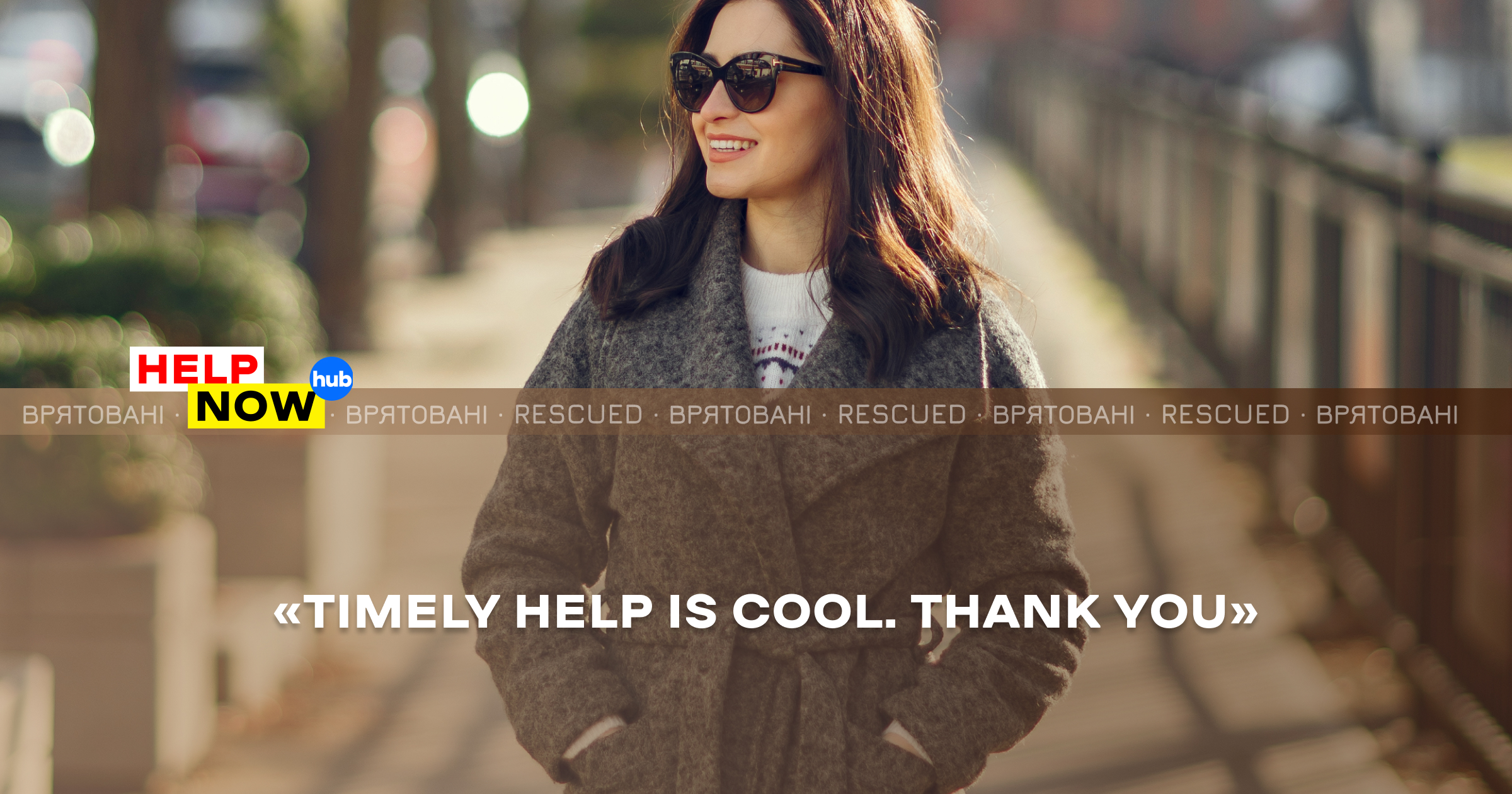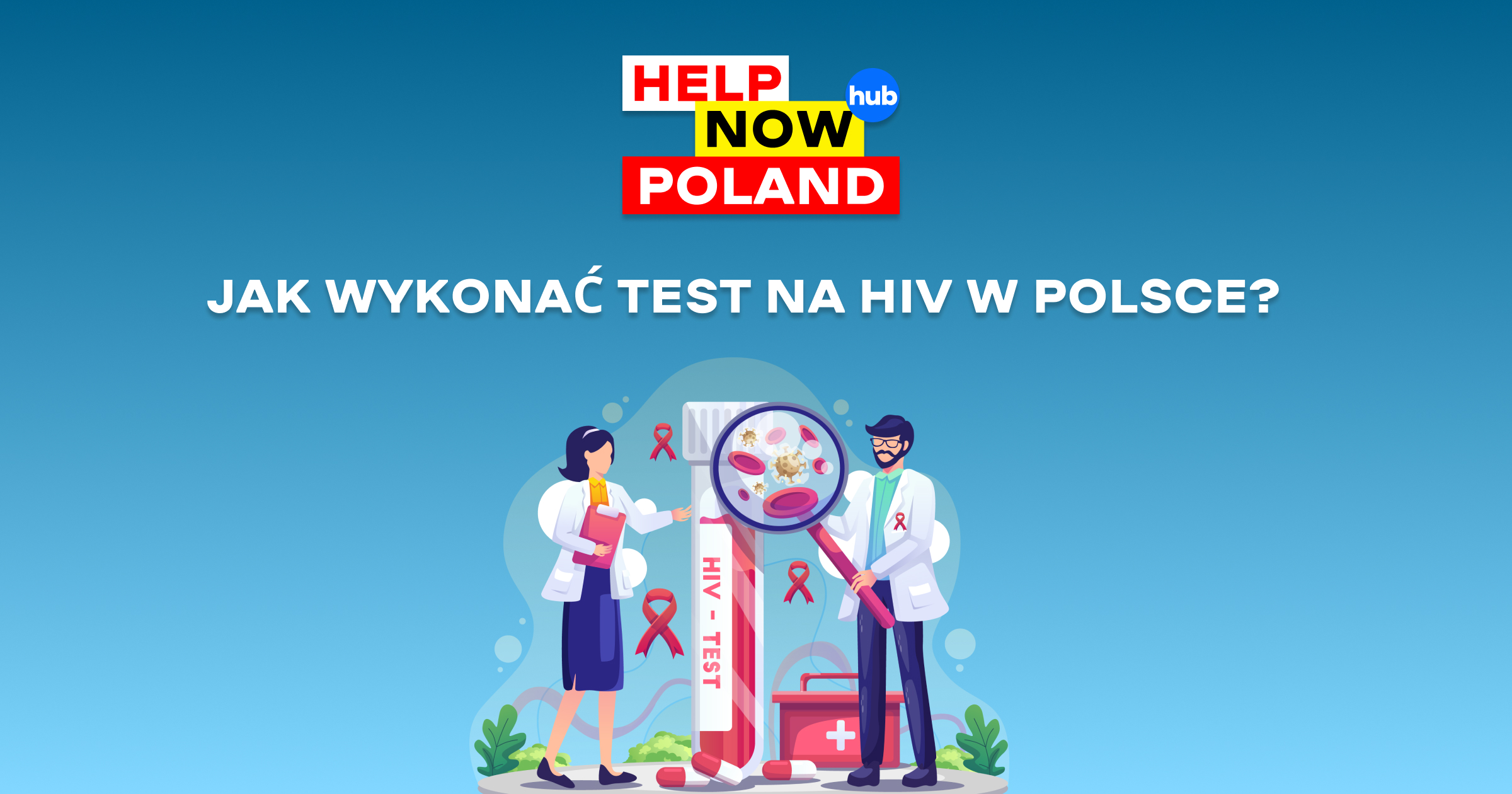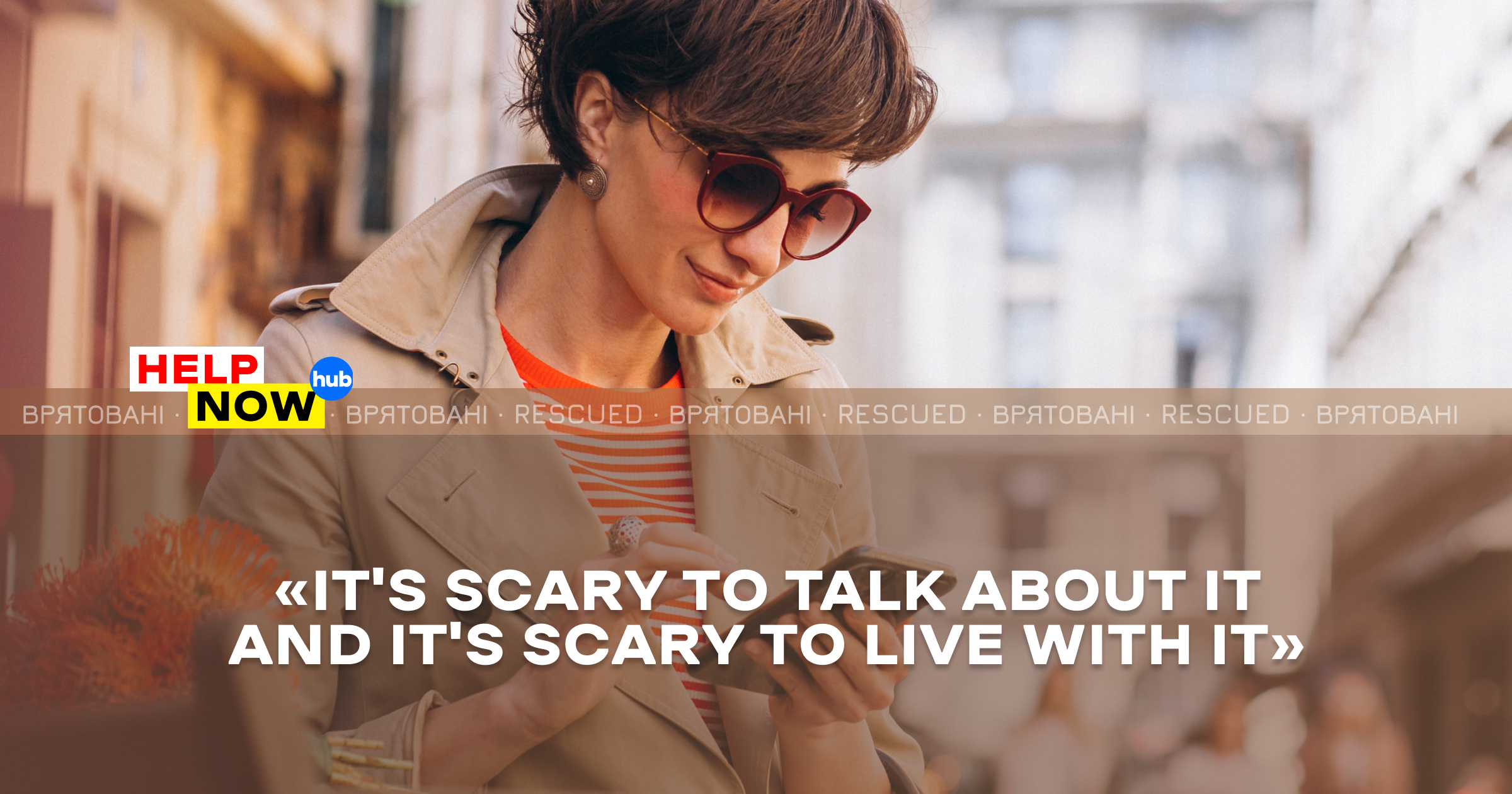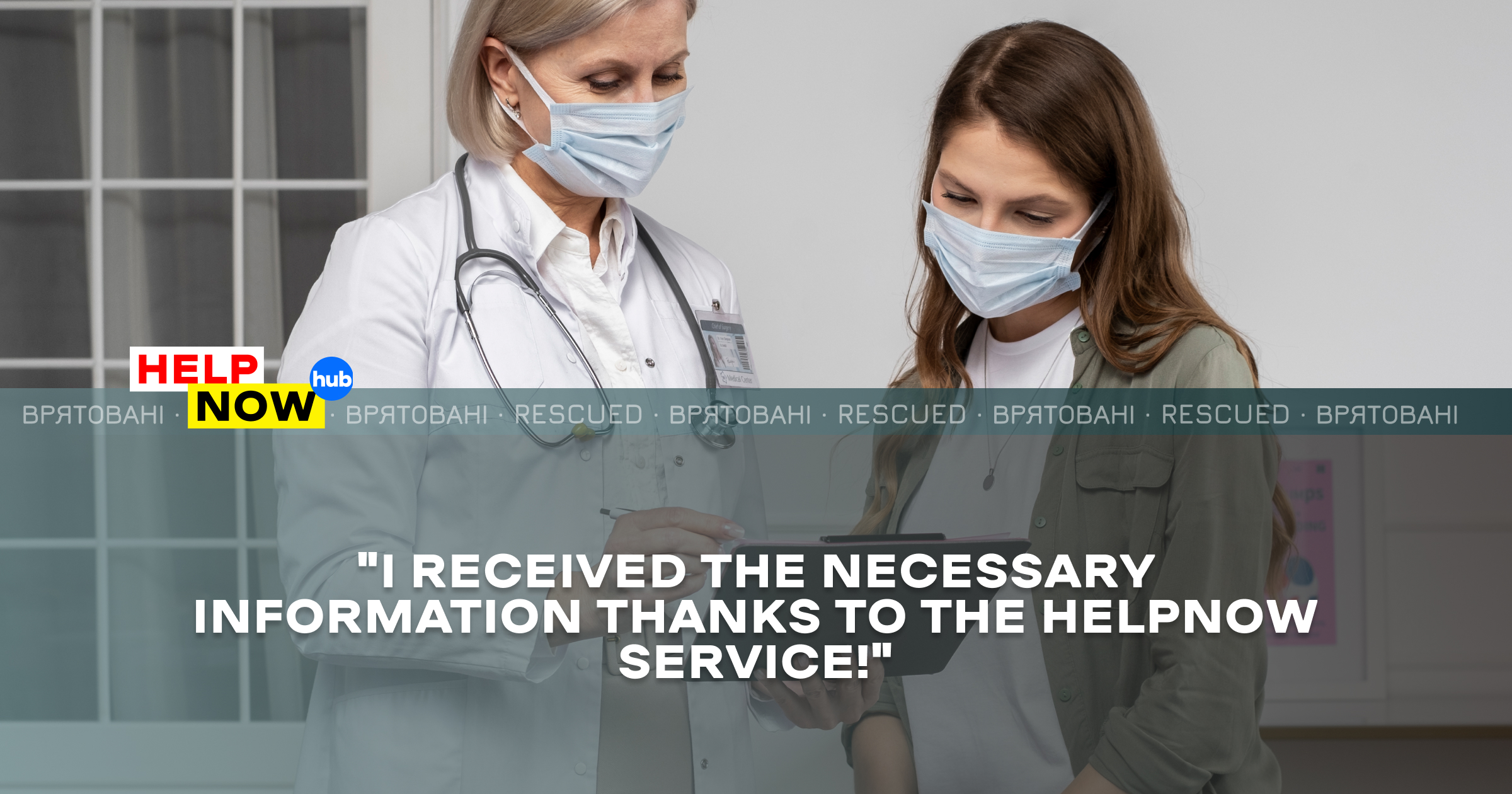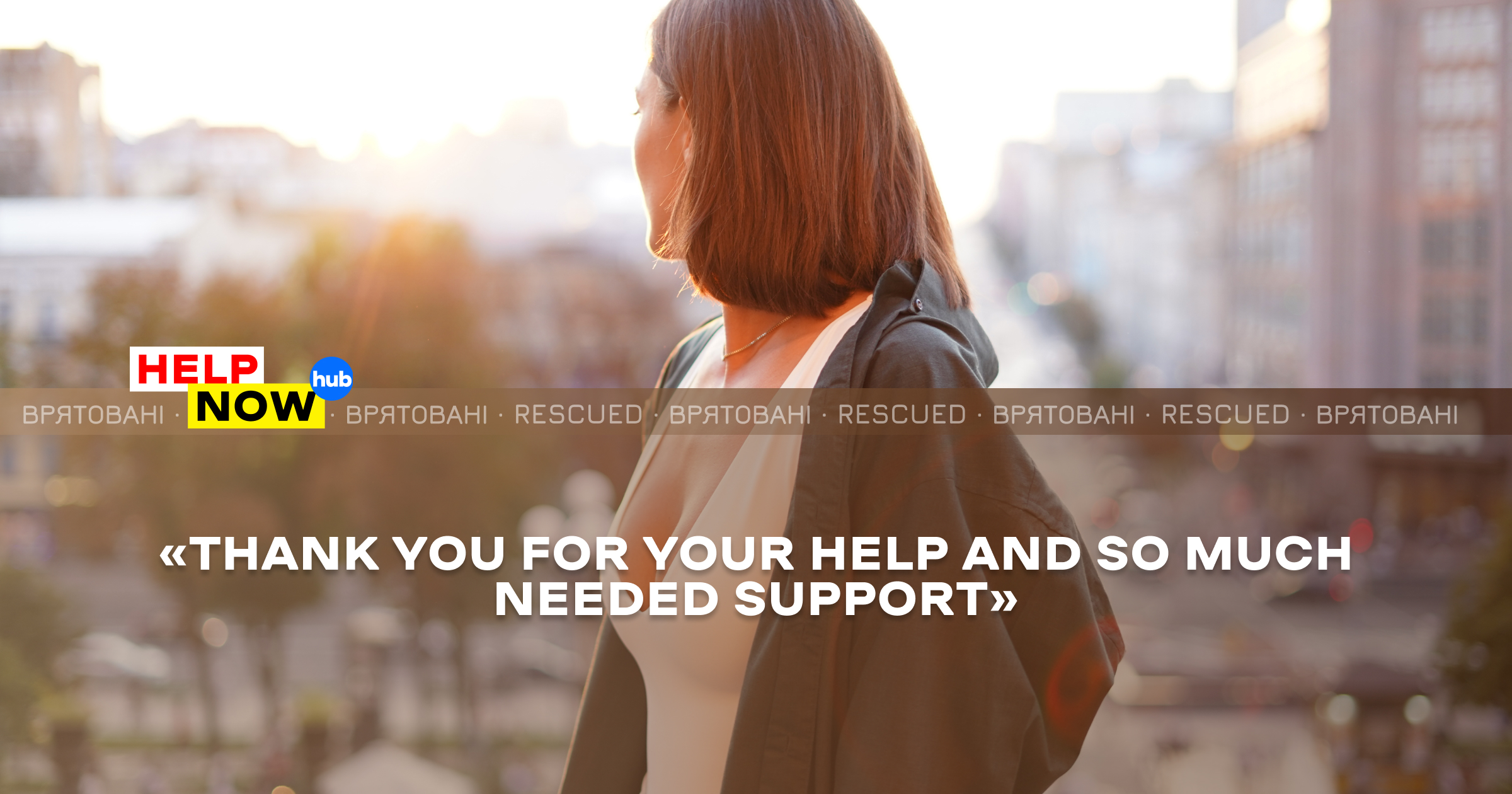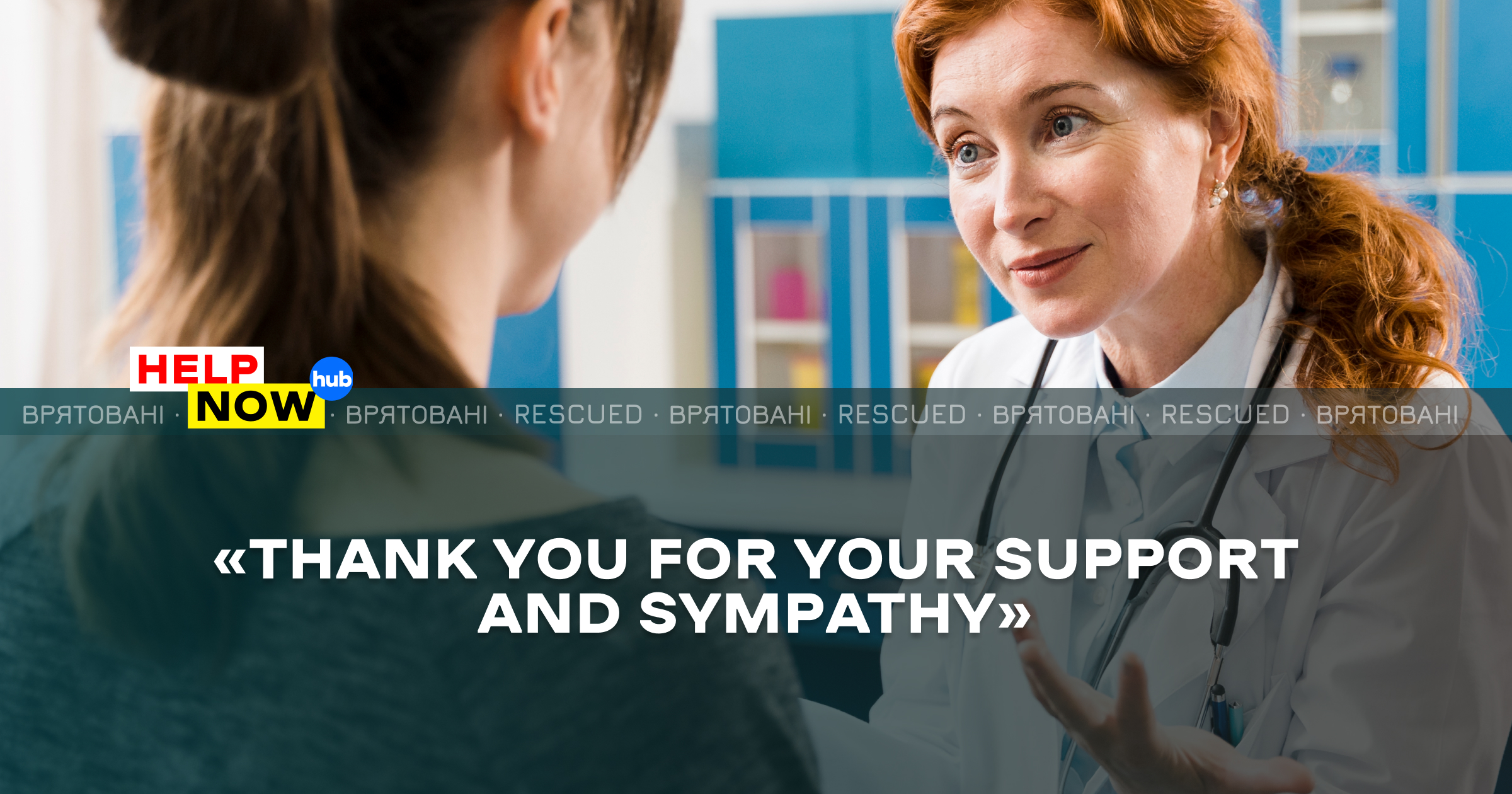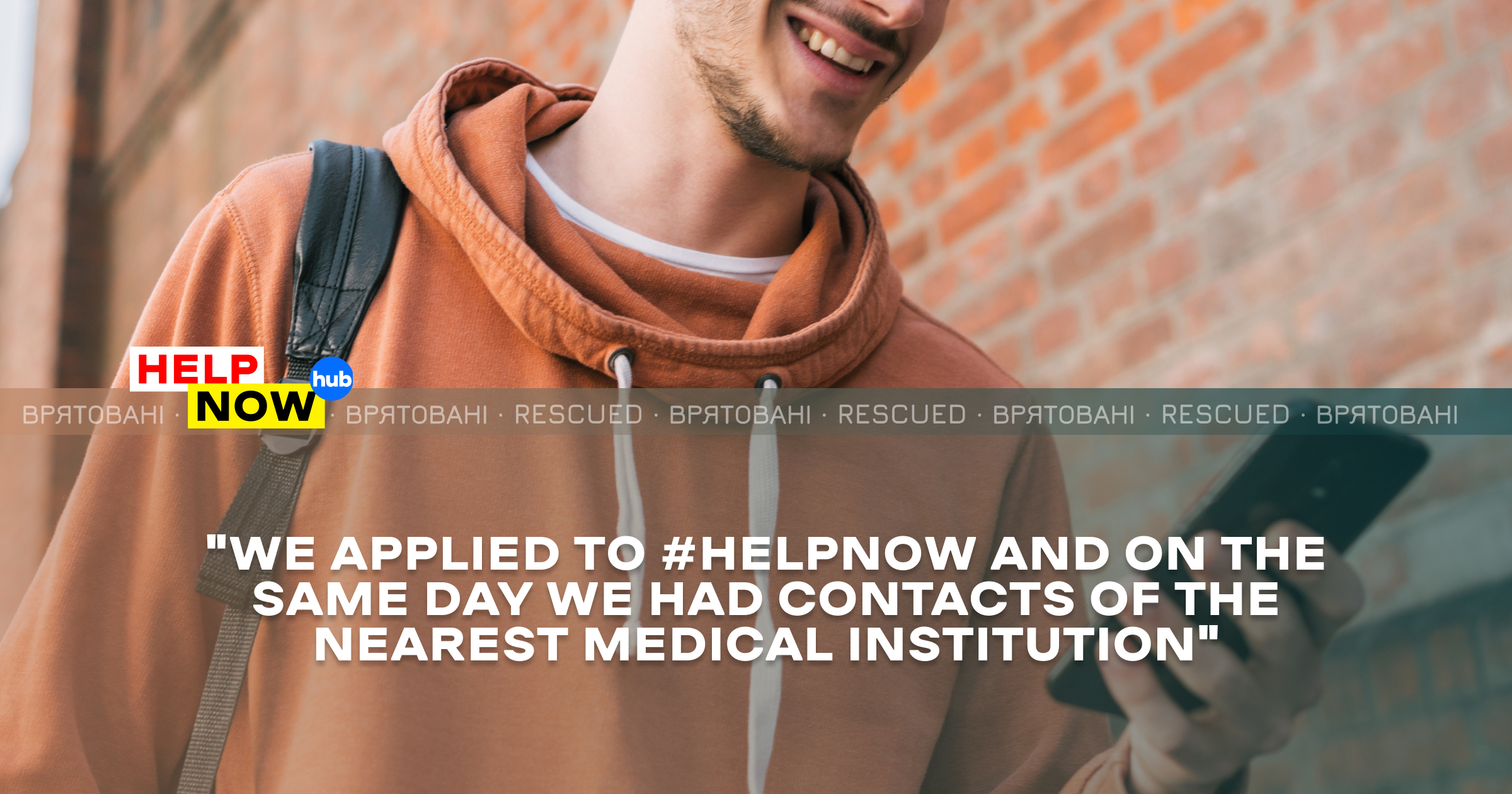Istnieje kilka możliwości przenoszenia wirusa HIV:
• podczas stosunku seksualnego bez prezerwatywy;
• poprzez wspólne lub ponowne użycie strzykawek i igieł w przypadku zażywania narkotyków, manipulacji medycznych, piercingu i tatuaży;
· na dziecko od matki zakażonej wirusem HIV, w czasie ciąży, porodu i karmienia piersią.
Wbrew pogłoskom i obawom, HIV nie jest przenoszony przez:
• ugryzienia owadów;
• wspólne ręczniki i naczynia kuchenne;
• wspólne korzystanie z wanny, basenu, toalety, prysznica;
• pocałunki (jeśli nie ma silnego krwawienia z dziąseł).
Pamiętaj: większość objawów HIV i AIDS jest podobna do objawów innych chorób. Tylko na podstawie wyników testu na obecność wirusa HIV można ustalić, czy masz HIV w swoim organizmie.
Regularne testowanie na obecność wirusa HIV jest koniecznością dla każdego, kto prowadzi aktywne życie seksualne lub praktykuje ryzykowne zachowania.
Testy, które są tańsze wykrywają obecność przeciwciał przeciwko wirusowi we krwi i są wykonywane „metodą ekspresową” poprzez pobranie krwi z palca. Szybkie testy pozwalają przetestować się prawie w warunkach „polowych” i poznać wynik w ciągu 10-15 minut.
Inne testy, droższe i bardziej wiarygodne, wykonuje się poprzez pobranie krwi z żyły w placówce medycznej metodą ELISA – enzymatyczny test immunosorpcyjny. W takim przypadku na wynik należy poczekać 3-4 dni, ale dokładność tej metody jest znacznie wyższa niż w szybkich testach.
Jeśli podejrzewasz, że możesz być zarażony wirusem HIV, koniecznie zrób test!
Badanie wykonuje się w jednym z punktów konsultacyjno-diagnostycznych, których adresy znajdują się na stronie Narodowego Centrum AIDS w Polsce: https://aids.gov.pl/pkd/
W punktach konsultacyjno-diagnostycznych badania wykonywane są bez skierowania, anonimowo, bezpłatnie, przez profesjonalnie certyfikowanych konsultantów, którzy w przypadku potwierdzenia infekcji udzielą wsparcia, niezbędnych informacji oraz skierują do odpowiednich specjalistów.
OSTRZEŻENIE! W nagłych przypadkach zagrożenia zakażeniem wirusem HIV, takich jak gwałt, zranienie igłą niewiadomego pochodzenia lub inne zdarzenie, należy pamiętać o profilaktyce poekspozycyjnej (PEP). Należy jak najszybciej (najlepiej w ciągu 48 godzin od zdarzenia) skontaktować się ze szpitalem chorób zakaźnych, który prowadzi terapię antyretrowirusową. Leki stosowane w profilaktyce poekspozycyjnej są bezpłatne. Listę odpowiednich placówek medycznych w Polsce można znaleźć na: https://aids.gov.pl/co-robic/
Możesz zgłosić się o pomoc i dodatkowe pytania do naszego Polskiego hubu – HelpNowPl, które obecnie działa specjalnie dla obywateli Ukrainy z kluczowych społeczności, którzy zostali zmuszeni do opuszczenia swoich domów z powodu wojny i są obecnie w Polsce.
Jeśli potrzebujesz informacji na temat niezbędnego leczenia, badań, opieki medycznej, kwestii prawnych i socjalnych, usług tłumaczeniowych lub wsparcia socjalnego dla instytucji, pomocy psychologicznej:
Zadzwoń na nasze numery infolinii:
+48 539 652 831 Anna-Nadia
+48 786 640 460 Alina
+48 721 752 114 Vita
+48 571 850 855 Natalja
Napisz do nas w Telegramie https://t.me/+BSIMGdN3WT41MTVi
Konsultacja lekarza online https://help24.org.ua/uk/doctors/126
Jesteśmy gotowi udzielić Ci wsparcia informacyjnego i psychologicznego!
Dodatkowe i bardziej szczegółowe informacje znajdziesz na naszej stronie internetowej https://helpnow.aph.org.ua/


